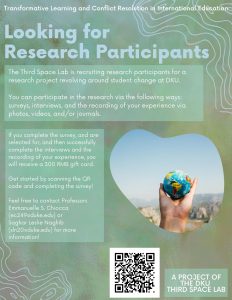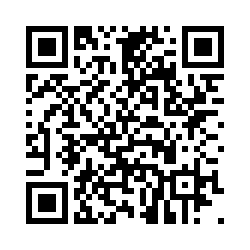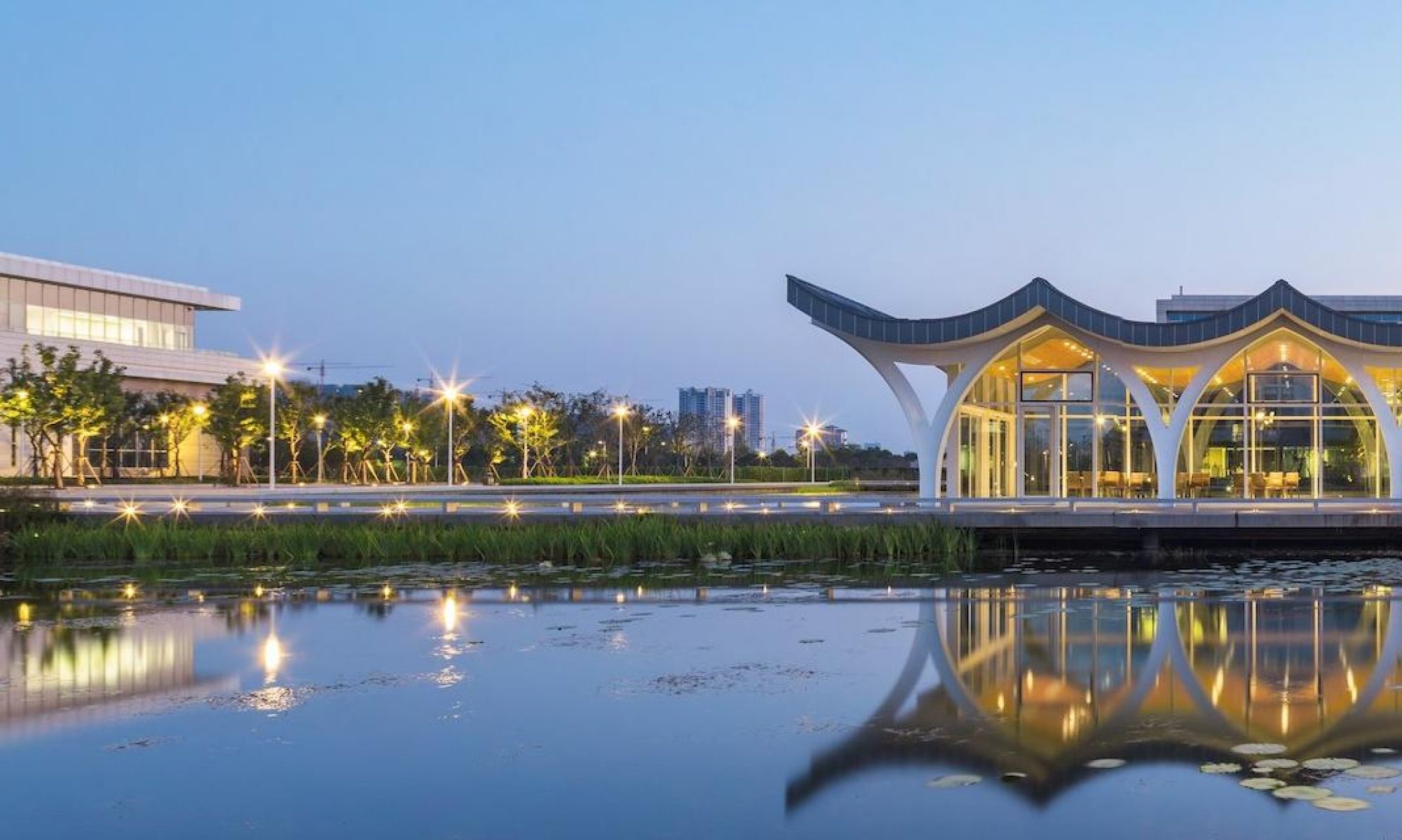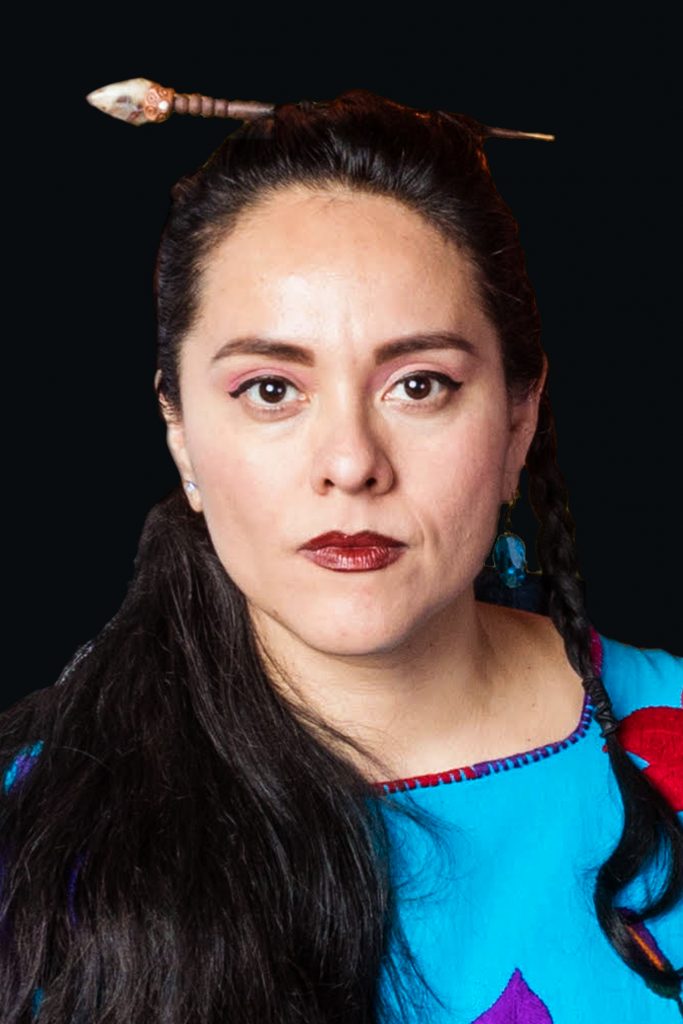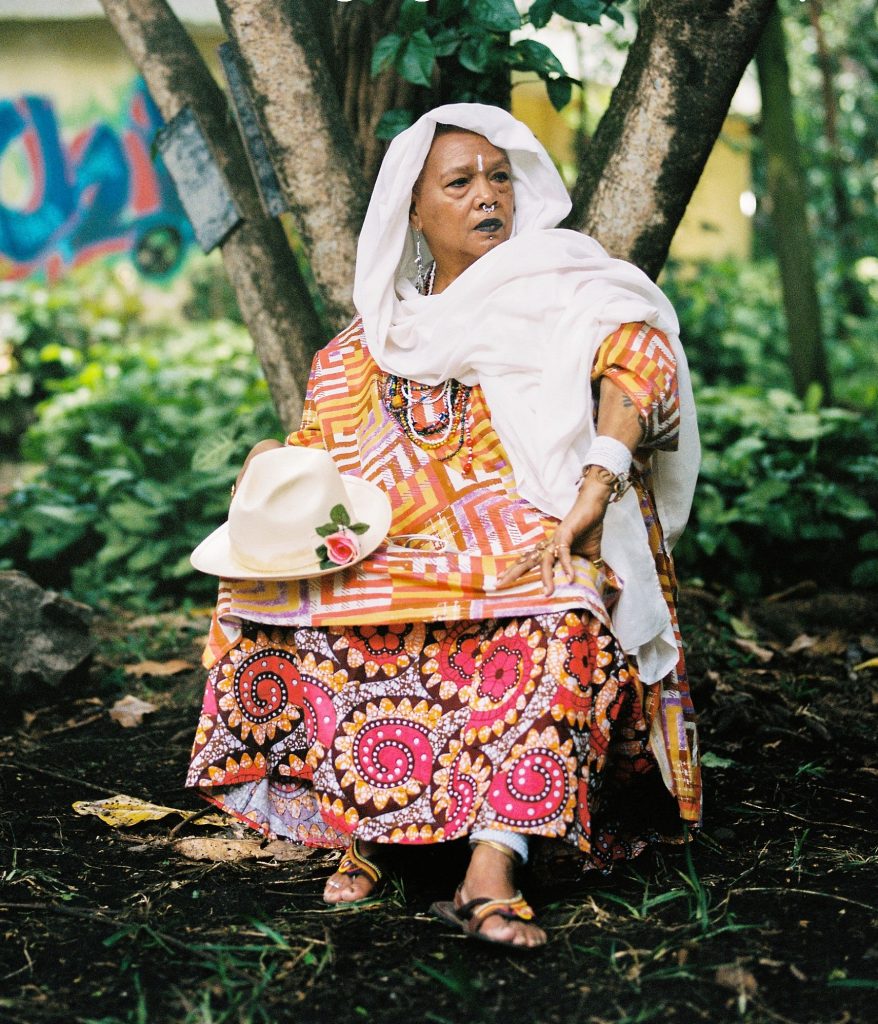Compiled by Selina Lai Henderson, Denise Simpson, and Jesse Olsavsky
The current protests against police violence in the US have brought to the forefront questions about the history of race and racism in America. But these protests are not new, nor are the questions they pose. From the days of slavery, to those of segregation, to the current era of highly racialized policing, militarization, and mass-incarceration, scholars, activists, and ordinary citizens, largely people of color, have long been protesting racism and writing about it. This “syllabus” is a list of essential works of literature and history, both classic and new, that will inform you of the long, dark histories of racism in America, the struggles to overturn it, and the causes of the current conflagrations over racism and policing shaking American society and politics.
TOP RECOMMENDATIONS
Keanga-Yamahtta Taylor, From #Black Lives Matter to Black Liberation (2016).
The Black Lives Matter Movement did not begin in 2020, but in fact began 5 years earlier after police murdered Michael Brown in Ferguson, near St. Louis, Missouri. Nationwide protests erupted in 2015. The protests occurred, paradoxically, at a time when Americans had reelected an African American (Barack Obama) to the presidency and lauded themselves as a society that had moved beyond racial prejudice. This book is the most important piece on the history and significance of the Black Lives Matter Movement. It reflects on the politics of the moment and unmasks the hidden forms of racism that persisted in US history. The book critiques the idea that America is a “color blind” society that does not see race. It critiques the inequalities, violent policing, and forms of racial segregation prevailing in America and argues, hopefully, that the Black Lives Matter could inspire a wider movement against racial injustice and class inequality in America.
Michelle Alexander, The New Jim Crow: Mass Incarceration in the Age of Colorblindness (2010).
The USA contains 3% of the world’s population, but 25% of the world’s imprisoned. America has the largest imprisoned population on earth alongside the most heavily armed police forces. People of color, particularly African Americans, are incarcerated in disproportionately high numbers. Prison conditions can be rough and upon release many ex-prisoners will have extreme difficulty finding work. Thus, instead of deterring crime and reinforcing rehabilitation, whole communities in America are subject to conditions in which poverty, discrimination, and incarceration are nearly impossible to escape. In The New Jim Crow, Michelle Alexander unveils the history and mechanisms behind this horrifying situation. It had roots in efforts to re-enslave African Americans, by imprisoning them, after the Civil War (1861-1863); it had roots in CIA support for drug traders, in Asia and Latin America, in the fight against Communism, which brought drugs and thus crime to American cities; it had roots in the “war on crime” in the 1980s, and the structural and conscious racism that kept minorities both poor and continually suspected of criminal activities. Alexander argues that this process of incarceration and marginalization is self-perpetuating and can only end with the abolition policing and prisons in their current forms.
Edward Baptist, The Half Has Never Been Told: Slavery and the Making of American Capitalism (2016).
The history of racism in America begins with the mass transportation of 12 million Africans to work as slaves on the plantations of the Americas, producing sugar, tobacco, and by the 19th century, cotton. Few historians doubt this. However, there has been a longstanding debate on the significance of the enslavement of Africans to the development of capitalism in America and the West. Traditionally, most historians have seen slavery as a barrier to economic development. This book turns that view upside down. Capitalism matured with the “industrial revolution” in England, based largely upon the manufacturing of textiles made from cotton. Industrial capitalism was thus dependent upon the cheap production of cotton. The vast majority of that cotton was mass-produced by African slaves in America, who faced brutal conditions and were paid nothing. Besides underpinning England’s industrialization, slavery, the author argues, was the bedrock of the American economy. From 1820-1861, cotton was America’s largest export by far, and slavery accounted for more economically than all the factories, railroads, and other industries in America combined. Slavery had not been a barrier to American economic development; its barbarity and cruelty, according to the author, made America’s rise as the largest economy on earth possible.
Toni Morrison’s The Bluest Eye (Novel, 1970) is a powerful literary depiction of what it means be black and female growing up in a culture defined not only by systemic racism and sexism, but also by the pervasive engine of consumerism of whiteness. The novel tells the tragic tale of a young black girl, Pecola Breedlove, who is obsessed with blond hair and blue eyes; in fact, she wants to have the “bluest eye” so she could see the world anew which would in return see her as beautiful instead of black, and therefore, “ugly.” Set in 1941, Morrison’s work reminds us how the pressing issues of racial and gender oppression remain hauntingly familiar not only in 1970 (just after Martin Luther King, Jr.’s death and during the Civil Rights Movement when the novel was published), but also at the present time with the cumulation of events tied to Black Lives Matter.
In The Big Sea (Autobiography, 1940), Langston Hughes weaves together fascinating episodes of his life at home and abroad as he explores the question of US race and racism in a global context. The heartbreaking tales that he tells of his father’s hate for his own people because of the color of their skin, his shock at being called a “white man” in the coast of West Africa, and the adventures he experienced as a cook and a waiter in Paris, are among the many touching stories he depicts that give voice to the longstanding African American struggles for civil rights. The fateful decision that he made to quit his undergraduate studies at Columbia University would ultimately open a world of discoveries on a racial consciousness that defies national, geographical, and political boundaries of the color line.
FURTHER READINGS
Edmund S. Morgan, “Slavery and Freedom: The American Paradox,” The Journal of American History, 59, No. 1, (1972), 5-29.
Manning Marable, “A Brief History of Structural Racism,” in Great Wells of Democracy: The Meaning of Race in American Life (2002).
W.E.B. Dubois, Black Reconstruction (1935).
Angela Davis, Are Prison’s Obsolete? (2003).
George Frederickson, White Supremacy: A Comparative Study of American and South African History (1981).
George Jackson, Soledad Brother (1970).
Malcolm X, The Autobiography of Malcolm X (1964).
Nell Irvin Painter, The History of White People (2010).
Beverly Daniel Tatum, Why are All the Black Kids Sitting Together in the Cafeteria
Ibram Kendi, How to be an Antiracist
Brit Bennett, The Vanishing Half
Robin Deangelo, White Fragility and Why it’s so Hard for White People to Talk about Racism
Andrea Richie, Invisible No More
Tanehisi Coates, Between the World and Me
Angie Thomas, The Hate You Give
Chimamanda Ngozi Adichie, Americanah
Michael Eric Dyson. Tears We Cannot Stop
Michael Eric Dyson, The Black Presidency: Barack Obama and the Politics of Race in America
Toni Morrison
- Beloved (1987, novel)
- The Bluest Eye (1970, novel)
Maya Angelou
- And Still I Rise (1978, poetry)
- All God’s Children Need Traveling Shoes (1986, autobiography essays)
Alice Walker
- The Color Purple (1982, novel)
- In Love and Trouble: Stories of Black Women(1973, short stories)
James Baldwin
- Notes of a Native Son (1955, novel)
- If Beale Street Could Talk (1974, novel)
Ralph Ellison
- Invisible Man (1952, novel)
Richard Wright
Langston Hughes
- The Weary Blues (1926, poetry)
- The Big Sea (1940, autobiography)
Zora Neale Hurston
- “Sweat” (1926, short story)
- “How Does It Feel To Be Colored Me” (1928, short essay)
